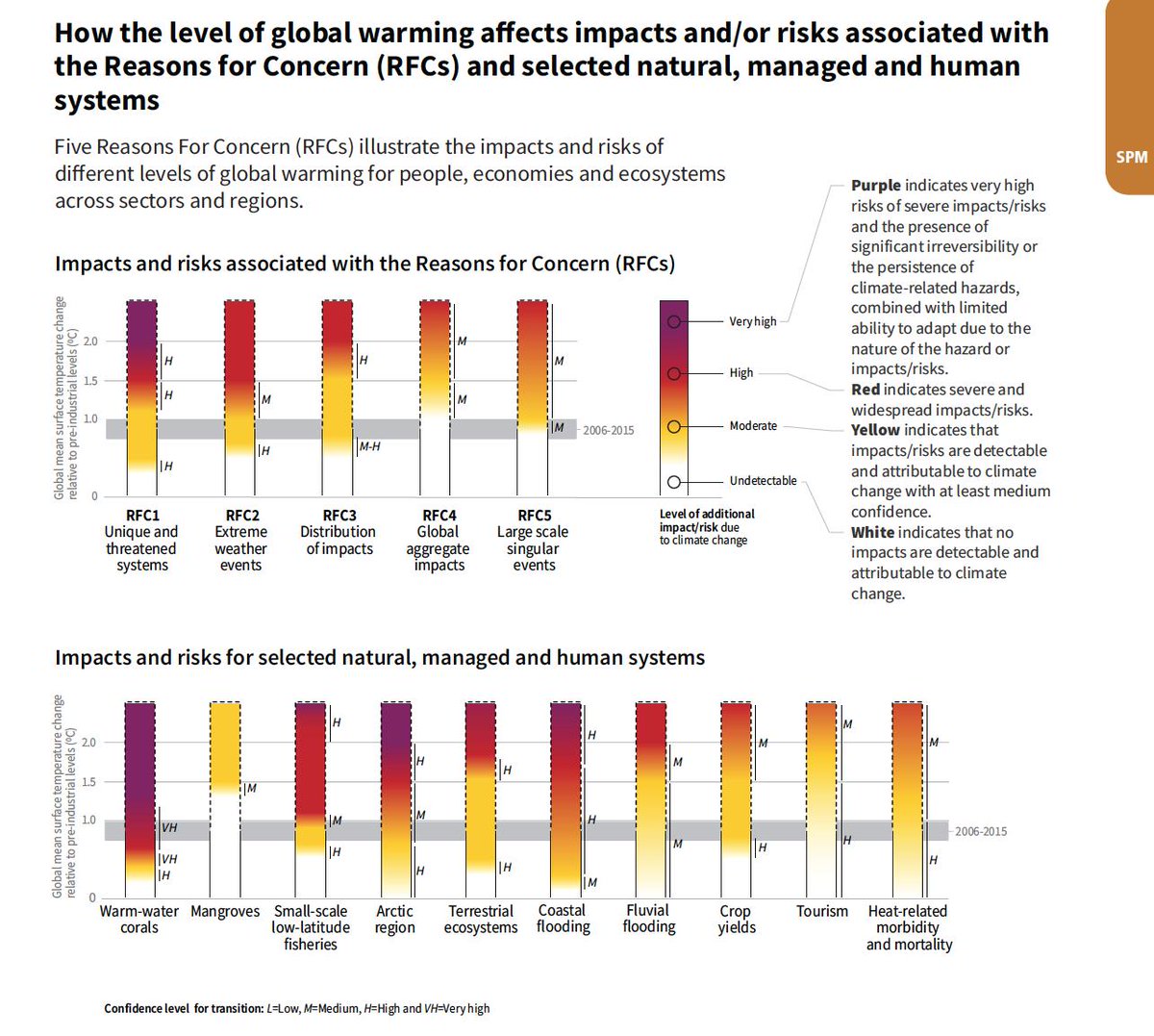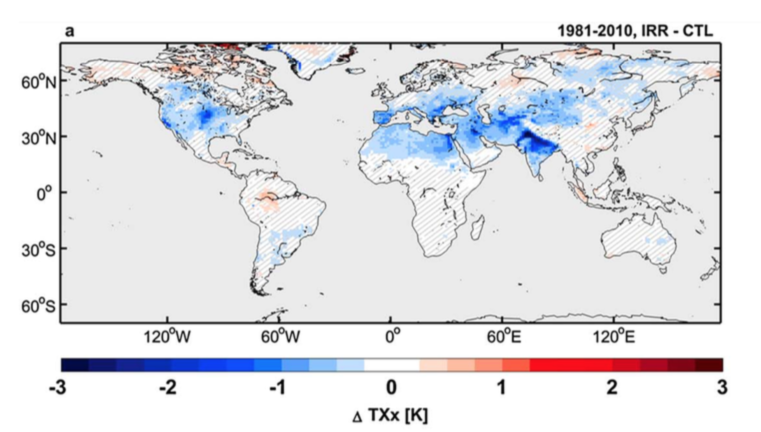
Professor @ETH_en, @IPCC_CH WGI Vice-chair
#Climate #Extremes #Land #AR6 #SR15
Bluesky: @soniaseneviratne.bsky.social
Citizen/mum/scientist. Personal account.
How to get URL link on X (Twitter) App


 2) For a breakdown of CO2 emissions, which need to be brought to zero for climate stabilisation, see also the @IPCC_CH WG1 report, ch5 (Fig. 5.5), explicitly showing the causes: petrol (oil), gas, coal; and land use change. ipcc.ch/report/ar6/wg1/
2) For a breakdown of CO2 emissions, which need to be brought to zero for climate stabilisation, see also the @IPCC_CH WG1 report, ch5 (Fig. 5.5), explicitly showing the causes: petrol (oil), gas, coal; and land use change. ipcc.ch/report/ar6/wg1/ 

 @PhThalmannEPFL @ETH_en Some key messages:
@PhThalmannEPFL @ETH_en Some key messages: https://twitter.com/pepcanadell/status/1147066574299377664A few additional points not addressed in @pepcanadell's thread, which are important to consider when planning reforestation:

https://twitter.com/SISeneviratne/status/1138487368837685248

https://twitter.com/SISeneviratne/status/1034888617460748289@PierreGentine @KaighinMcColl @AGUecohydro @reedh2o @UGent_LHWM 2. How can we further constrain drought projections and related feedbacks to temperature and precipitation, for instance using observationally-based emergent constraints?, i.e. following up on this study:
https://twitter.com/SISeneviratne/status/1059679128822022145